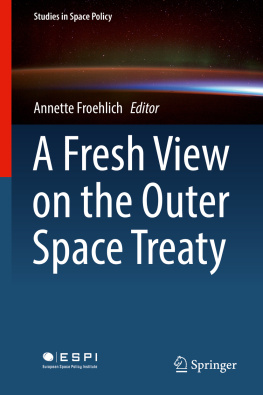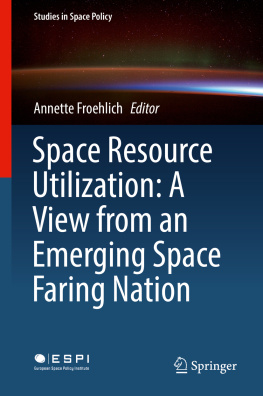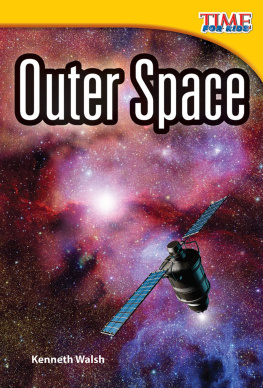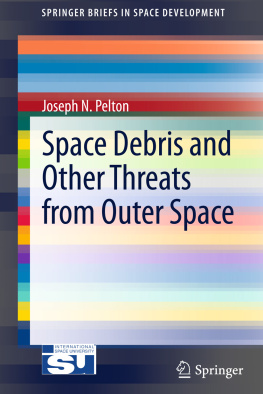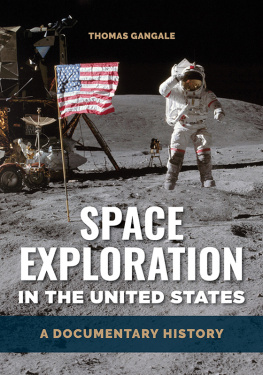1.1 Introduction
Generally speaking, pollution refers to a modification on the environment through human agency by the introduction on undesirable elements or by the undesirable use of elements.
Throughout the current Outer Space Treaty (OST) regime, Article IX represents the most fundamental if not the only provision in space law for protection of the outer space environment and its preservation for peaceful uses. However, in light of the impotence and inherent vagueness of Article IX as well as the inevitable need for harmonisation of international environmental law and space law, this analysis argues for the incorporation of the environmental consultation clauses and the precautionary principle into the existing OST regime with reference to the 1992 Rio Declaration on Environment and Development (Rio Declaration) and with a view to fostering the sustainable development of space activities.
1.2 Current OST Regime: Continued Absence of Effective Environmental Protection Provisions
Notably, a close reading of the principles enshrined in Article IX reveals that they gear towards the protection of human beings rather than the attainment of environmental protection as an end in itself. Hence, to what extent can this flawed provision effectively address the increasing environmental concerns in outer space?
1.2.1 Harmful Contamination Clause: Limited Coverage
As a starting point, Article IX of the OST explicitly provides that States must avoid harmful contamination to the outer space environment.
Moreover, the expression harmful contamination does not provide an all-inclusive definition encompassing all forms of harm. In space law literature, harmful contamination is variously defined as the introduction of elements that make outer space unfit for use,
1.2.2 International Consultation Clause: Vague Threshold of Harm
Further, Article IX requires a State to undertake international consultations before proceeding with any space activity that it has reason to believe would cause potentially harmful interference.
First and foremost, an essential criterion of the applicability of the consultation clause is the occurrence of potentially harmful interference. Accordingly, it seems that adverse environmental effects do not strictly fall within the intended meaning of harmful interference unless they are capable of restricting the physical movement or interfering with the physical operations in outer space thus possibly amounting to physical interference. Yet, even if this is the case, it then prompts the question of whether, as long as the space activities of another State are interfered by the environmental effects inflicted by a State, however trivial they seem to be, the duty to consult under Article IX is triggered. Where and how can we draw the line? It appears that the language of potentially harmful interference does an ineffective job in indicating a proper threshold of harm.
The second question concerns the difficulty of establishing the relevant harm threshold under the OST, which gives no further guidance on this issue.
1.3 Transplantation of Rio Principles on Environmental Protection: Sustainable Development of Outer Space
Based on the foregoing analysis, it is reasonable to say that the existing OST regime fails to offer a comprehensive legal framework that safeguards the outer space environment and to establish more rigorous environmental standards governing the conduct of space activities.
1.3.1 Procedural Safeguard: Implementation of Environmental Consultation Clauses
The mutual obligations of States concerning information and notification in Principles 18 and 19 of the Rio Declaration, unlike the international consultation clause under Article IX, are procedural elements of sustainable development recognised in customary international law. Notably, these two principles can serve as the model provisions for space law scholars to construe more effective environmental consultation clauses in compensation for the inherent ambiguities associated with the existing consultation clause in the OST.
1.3.1.1 Prior Notification and Consultation
To begin with, Principle 19 of the Rio Declaration, in essence, serves as a preliminary procedural hurdle, by mandating that States must give prior and timely notification and relevant information to potentially affected States on activities that may have a significant adverse transboundary environmental effect and must consult with those States at an early stage in good faith. the ILC definition of transboundary appears to accommodate the impossibility of delimiting any space territory among nations and is thus applicable to the outer space.
As far as the extent of harm is concerned, although international law does not strictly define the gravity threshold that requires notification to take place,
Further, it is worth noting that Principle 19 constitutes a specific obligation of performance ( obligation de faire ) demanding a State to give prior and timely notification to the potentially affected States before carrying out its activities.
1.3.1.2 Post-disaster Notification
In complementary to Principle 19 of the Rio Declaration, Principle 18 further imposes a mandatory obligation to immediately notify other States of any natural disasters or other emergencies that are likely to produce sudden harmful effects on their environment.
As a starting point, Principle 18 is most saliently distinguished from Principle 19 by the nature of its triggering event. The existence of natural disasters or emergencies triggers the duty to notify under Principle 18. should be presumed to present an element of gravity and thus warrant notification. Applying the above analysis to hazardous space activities would clearly render the notification requirement an essential part of the OST regime in furtherance of international cooperation and the sustainable development of the outer space.

